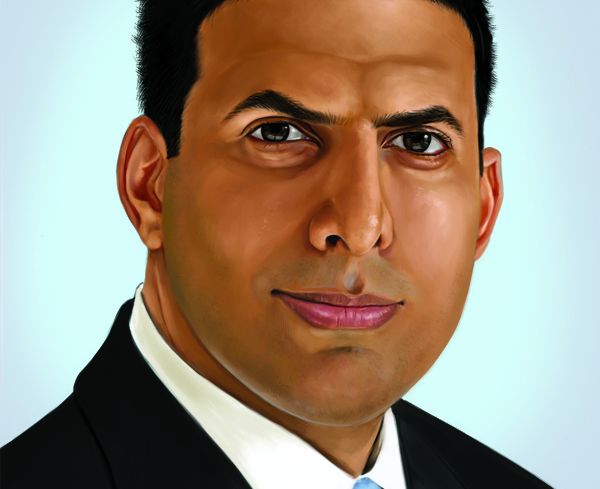The Senate has taken up the Marketplace Fairness Act, which would upend the overlong tax holiday for Internet commerce.
It’s not that online purchases have been tax-free. Unless you are in one of the few jurisdictions with no sales tax, your opportunity for a good-citizenship declaration of online purchases comes every April 15. Predictably, only a tiny share of American taxpayers seizes the chance.
Absent any meaningful enforcement of the current obligation, the Internet’s tax advantage over bricks and mortar has the effect of a subsidy. It should be remedied.
The Supreme Court ruled in 1992 that businesses could not be compelled to collect taxes on behalf of a state absent a physical presence. Quill v. North Dakota pivots on the requirement of substantial nexus. The court left the door open for this to change. For the majority, Justice Stevens wrote that “the underlying issue here is one that Congress may be better qualified to resolve, and one that it has the ultimate power to resolve.” As to the potential for taxation, “Congress is now free to decide whether, when, and to what extent.”
The physical presence test is a feature of our current e-commerce experience. If you are in New York, you are already being taxed on the items you buy on Amazon or at the Apple Store. No surprise that Amazon is a supporter of the tax, relying on the same differential treatment arguments that are made by mall owners.
Proponents and opponents are lined up predictably according to their own interests. A recent Quinnipiac poll reports that voters oppose e-commerce tax collection by a wide margin. Don’t read too much into that result. Voters rarely advocate for new taxes. Traditional retailers and retail property owners have lobbied strongly in favor of taxation. They have strong allies in state governments, which currently forgo billions of dollars in sales-tax revenue each year. The GOP is divided, but the same can be said for almost every issue of political relevance the party faces today.
Advocates of unimpeded e-commerce have their core message right. If you tax a class of transactions, fewer of those transactions will take place. The Internet’s full potential cannot be realized if we impose headwinds while the market is still in its formative stages.
There may have been a time when differential treatment of e-commerce could be rationalized.
The Internet’s myriad applications were infant industries a decade ago. Even the most well-established online retailers were dwarfed by their traditional counterparts.
That is hardly the case now. In 2012, Amazon’s net sales surpassed $60 billion. It’s no Walmart, but each is the extreme outlier for its channel and proves that scale is not the purview of just one.
Reaching outside its core constituency, the Heritage Foundation has played on the idea of the Internet as a wellspring of entrepreneurship at risk of being suffocated by taxation. The think tank has circulated an ad showing a lone artist at work. She just wants people to see her art, she pleads. The Internet’s freedom fighters neglect to mention the exemption for firms with less than $1 million in sales, and the relative ease with which payment intermediaries can fulfill this function on behalf of businesses.
Once upstarts, the e-commerce retailers impacted by the tax now ride Schumpeter’s gale, leveling bookstores and emptying CD racks along their way. The Marketplace Fairness Act is not a Great Leveler that will suddenly reverse the tide of e-commerce. It corrects a gratuitous distortion of American commerce that endows one set of stores with an artificial cost advantage over another. If taxing sales on the Internet will deal a deathblow to some online sellers, it follows that the subsidy is the only reason those retailers survived. They have relied on a price advantage that does not relate back to a cost advantage. These businesses should be allowed to fail, or we should eliminate the tax altogether.
dsc@chandan.com
Sam Chandan, Ph.D., is president and chief economist of Chandan Economics and an adjunct professor at the Wharton School.




